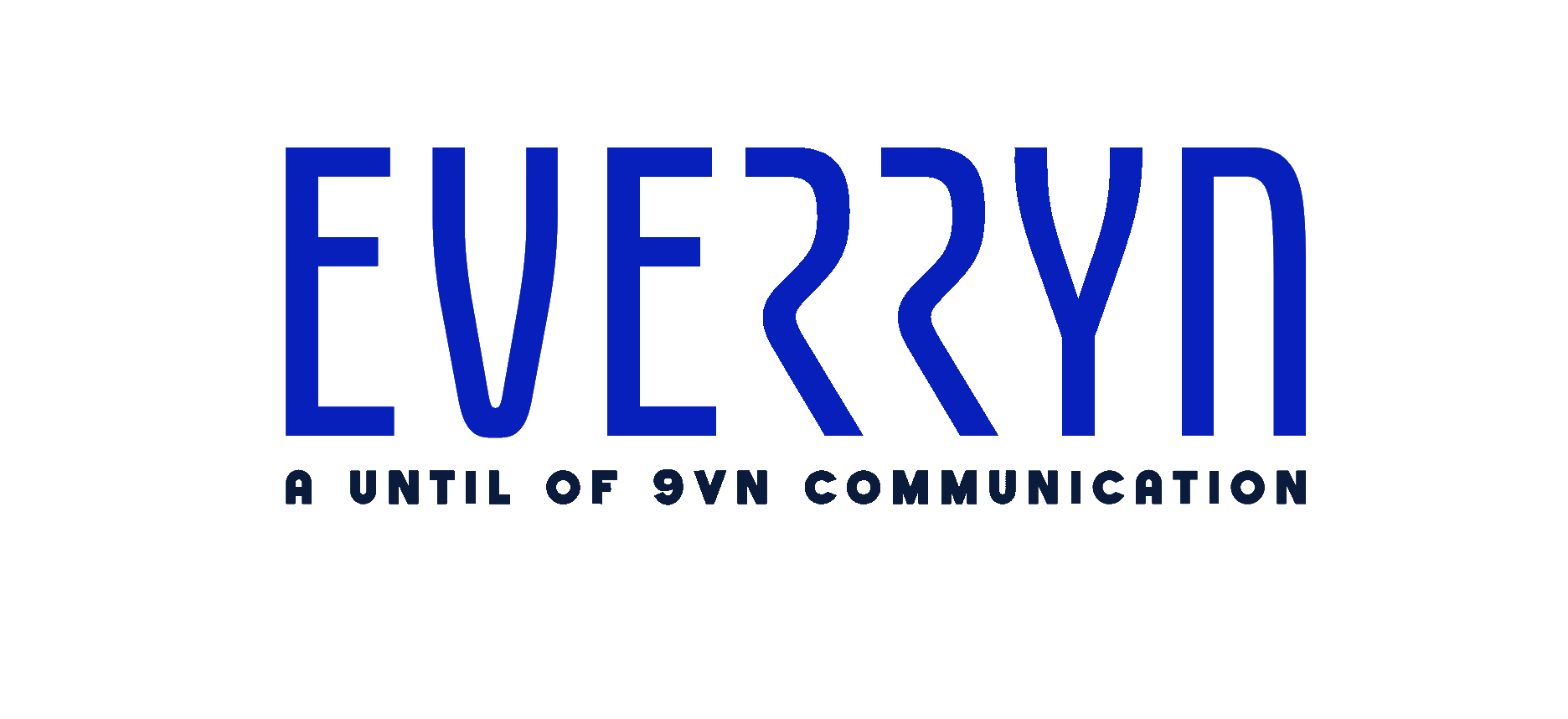404
Ooops!!! The Add on you are looking for is not found
Why Choose a Dedicated Fashion Theme for Your Business?
With Alligō, you can take care of the entire partner lifecycle - from onboarding through nurturing, cooperating, and rewarding. Find top performers and let go of those who aren’t a good fit.}

